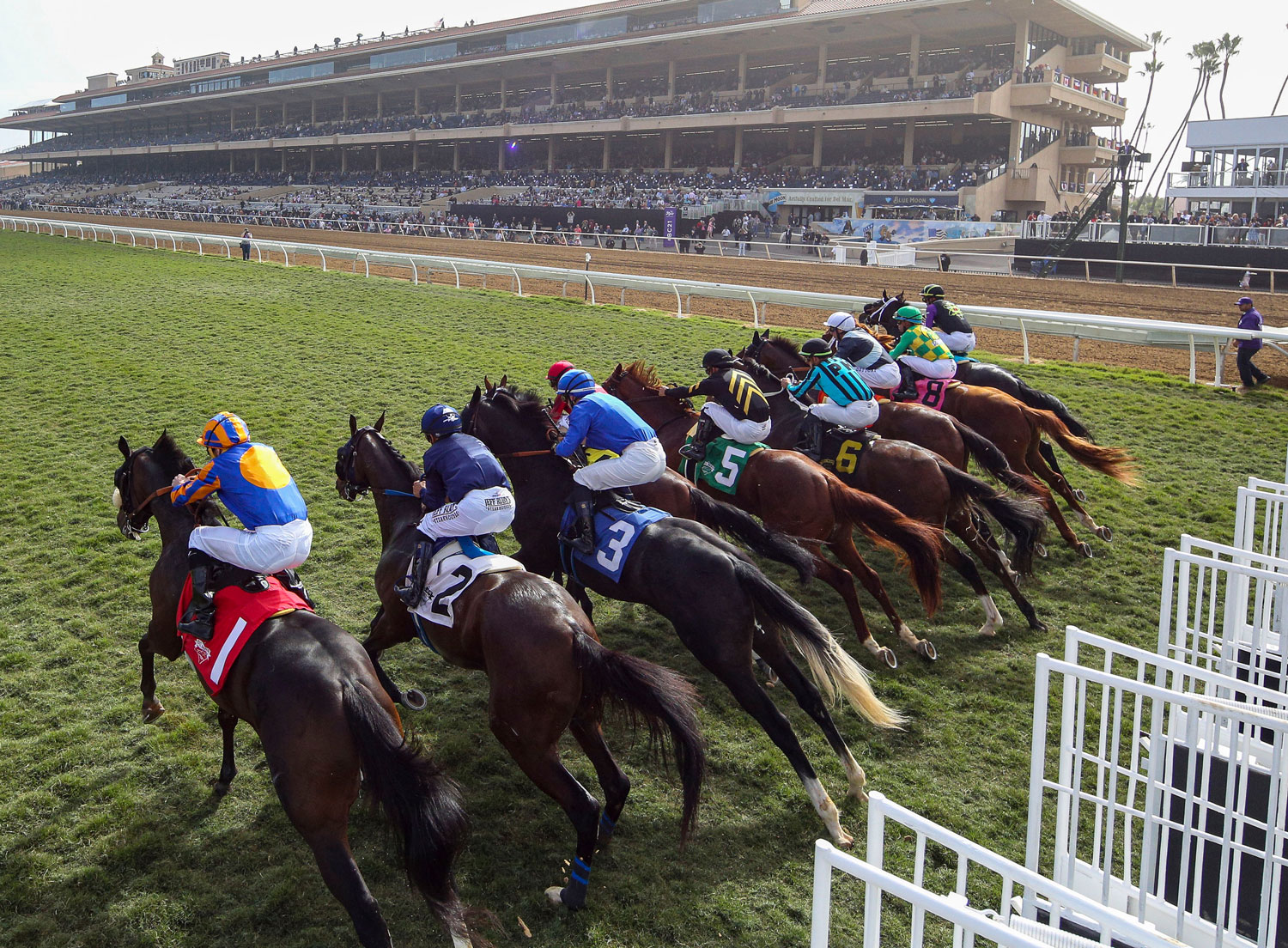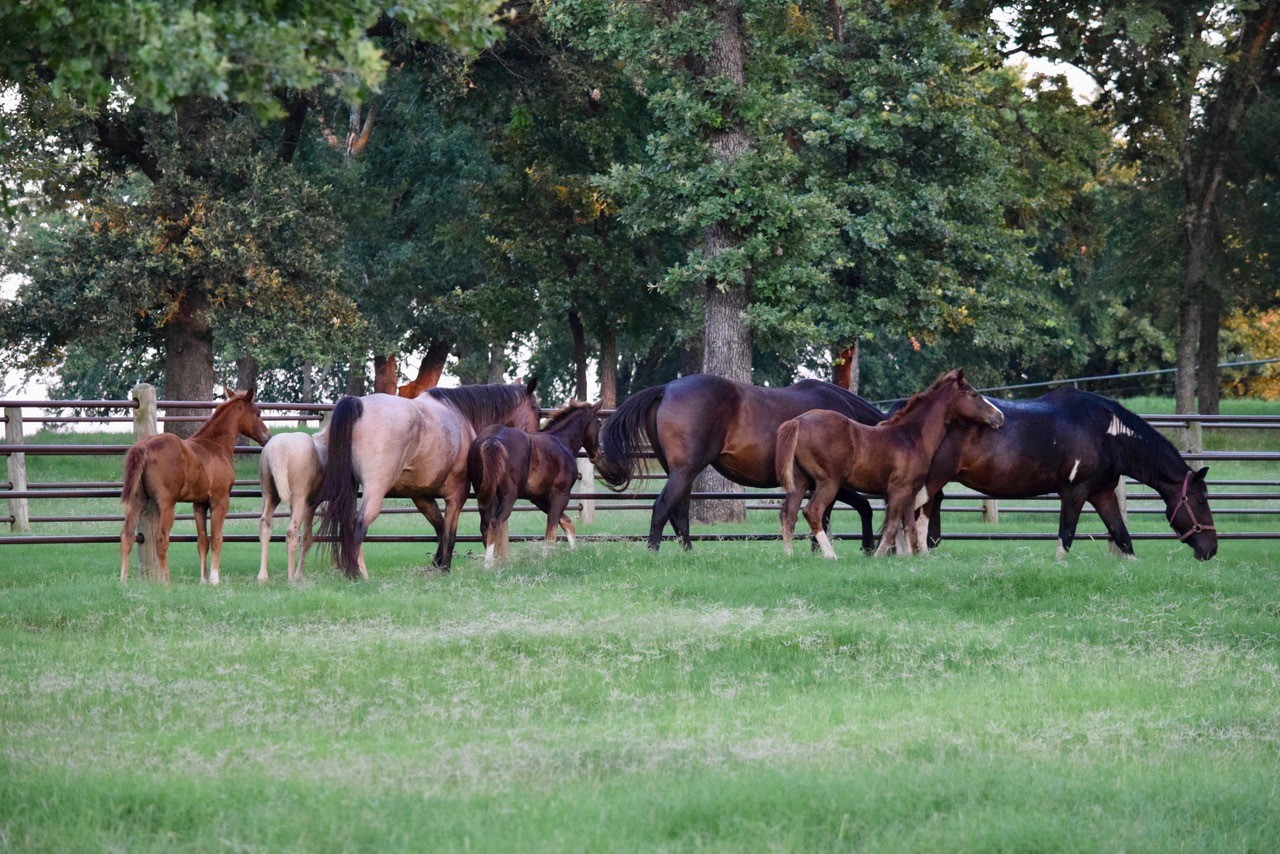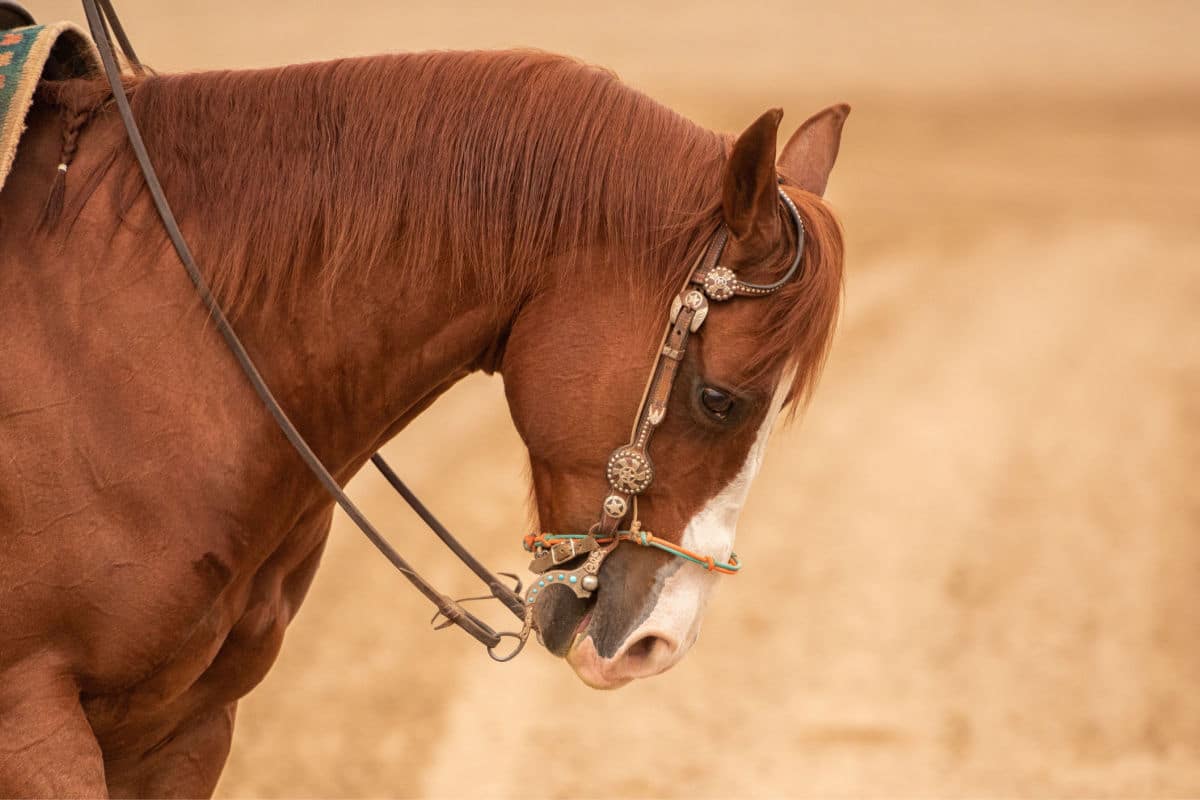No horse owner, trainer, or barn manager wants to be constantly worrying about the health of the horses in his or her care. Too thin, too fat, not enough shine, poor hoof quality, not enough muscle – or worse, are they at risk for ulcers or colic?
Many aspects of horse health have roots in the health of the digestive tract. For this reason, how and what we feed our horses is critical to wellness. As horse people, we tend to put most of our energy into what we feed. But how we feed is just as – if not more – important.
Unlike humans, cats, dogs, and even cows that eat several meals a day, horses are designed to eat constantly. There are reasons for this…
Where Is the Horse’s Gall Bladder?
That’s a trick question. Horses don’t have a gall bladder.
In many other animal species (including humans, dogs, cows, sheep, and goats for starters), the gall bladder is responsible for storing bile. This bile is produced by the liver and used in the digestion of fats in the intestines. The gall bladder releases the bile as needed.
Horses, however, are always producing this bile but have no gall bladder in which to store it. As a result, it is constantly released into the small intestine, whether there is food there to digest or not.
A horse who has gone half a day without eating can start to look jaundiced (yellowish in the whites of eyes and gums) from the build-up of bile in the bloodstream.
What is a proton pump?
In the lining of the stomach there are specialized cells, called “parietal cells” whose job is to produce stomach acid. The acid is then secreted into the stomach by proton pumps. Technically, proton pumps are enzymes.
In humans and many other animals, proton pumps are regulated by the nervous system and hormones. In horses, stomach acid is produced, and secreted, constantly. That’s 24 hours a day, 7 days a week.
How big is a horse’s stomach?
The stomach in a horse is actually relatively small. It makes up less than 10% of the capacity of the entire digestive tract. By comparison, the average human stomach is about 17% of the digestive tract.
As a result of the stomach’s relatively small size, horses cannot handle large amounts of feed at one time.
Why Should Horses Eat Constantly?
Horses should eat constantly because their GI tract is designed to always be digesting small amounts of forage as they graze nearly around the clock. It just makes sense that since that’s the way it works, that’s how we need to feed for them to be most healthy.
Here’s a quick reminder of a few reasons why horses need constant access to quality pasture or hay:
- The equine liver is continuously secreting bile. Since there’s no gall bladder to store it, the bile is continuously delivered into the small intestine directly from the liver.
- The stomach constantly produces acids for breaking down foods and activating enzymes for digesting proteins
- The horse’s stomach is relatively small and can only hold so much at one time
- Most of a horse’s energy comes from fermenting forages in the hindgut
Feeding a few large meals can lead to digestive imbalance. This can then lead to body condition and performance issues, and even serious health conditions like ulcers and colic.
Don’t want to be so worried about potential risks to your horse’s health? Make sure your horse has access to quality forages at all times.



